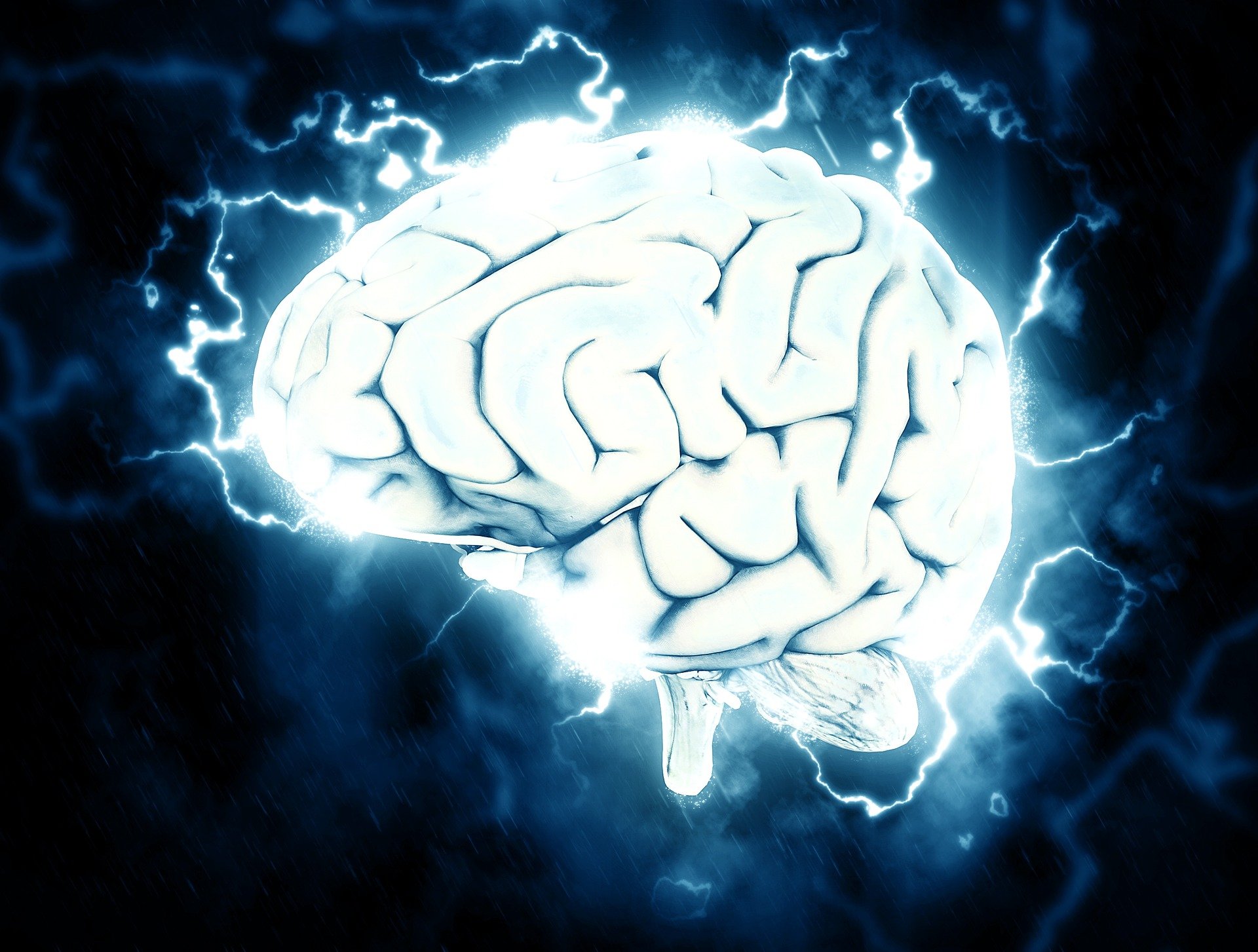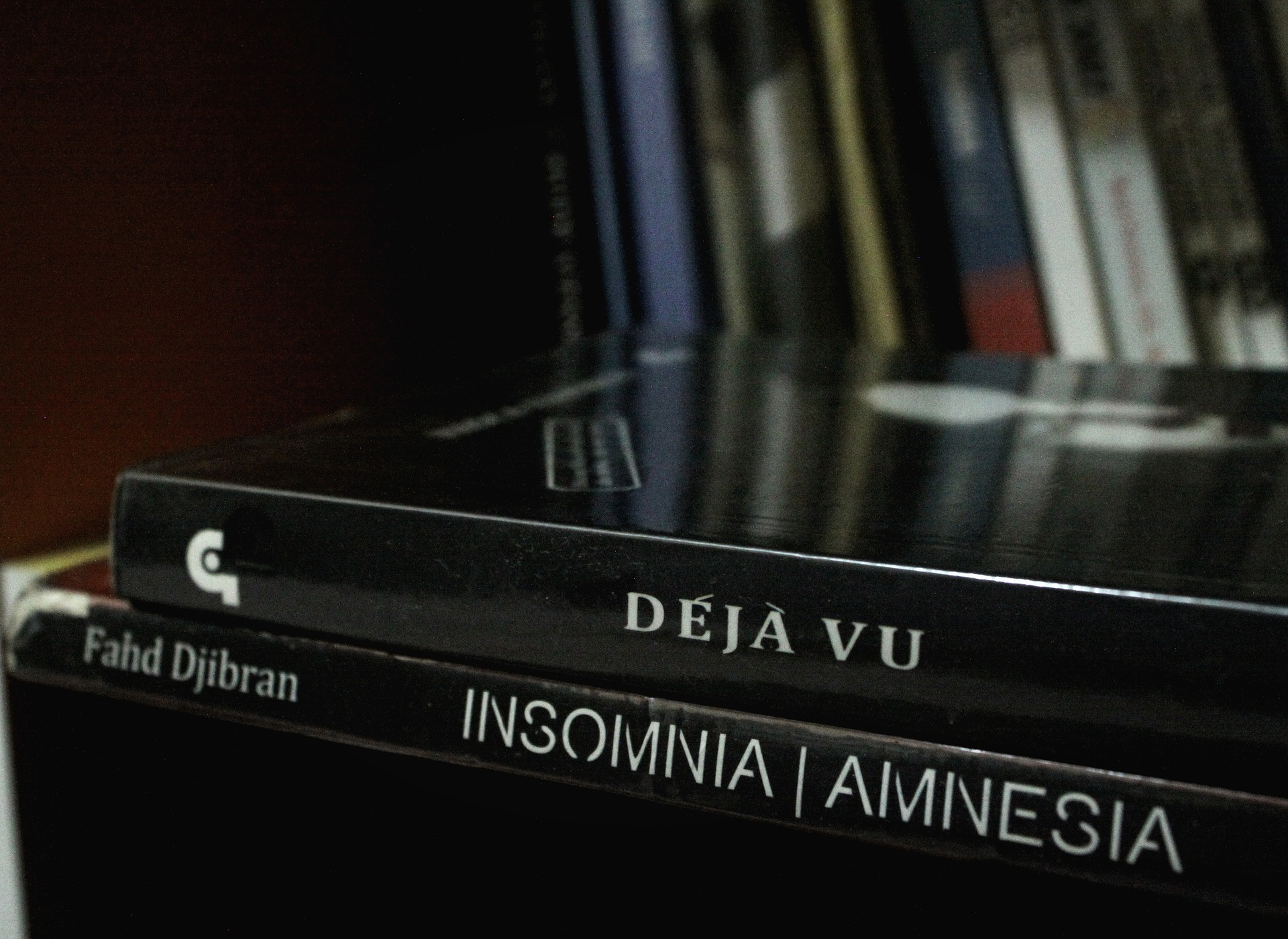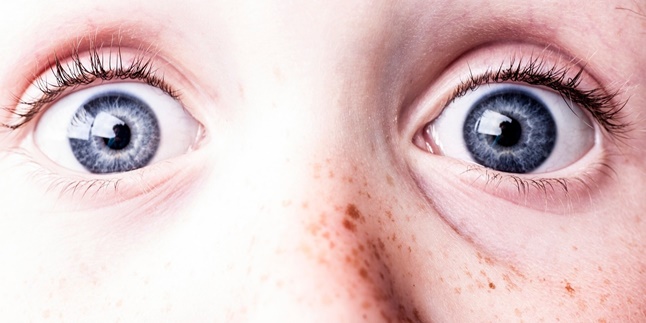Kapanlagi.com - Have you ever heard a friend suddenly say that they are experiencing deja vu while hanging out together? Or maybe you have experienced it yourself? Yes, the feeling of "having been there before" makes people curious about the meaning of deja vu.
The sensation that you have experienced a certain situation but cannot remember it is actually normal. However, because people find it difficult to find an explanation for the meaning of deja vu, this phenomenon is often associated with mystical things and events that may have occurred in a previous life.
Nevertheless, there are actually explanations for the meaning of deja vu through various logical theories, KLovers. You can find out more about these explanations in the following information.
1. The Meaning of Deja Vu Logically

Illustration (Credit: Pixabay)
The meaning of deja vu is the feeling of having experienced a situation that is currently being experienced, even though it is the first moment. This feeling makes you feel like you have already experienced it in the past with the exact same conditions. Usually, deja vu lasts for 10 to 30 seconds and can occur more than once.
According to information from the HelloSehat website, the term deja vu was coined in 1876 by Emile Boirac, a philosopher and scientist from France. This term also comes from the French language which means "already seen". Some philosophers and scientists have tried to explain the phenomenon of deja vu.
Sigmund Freud, the founder of psychoanalysis in the field of psychology, believes that deja vu is related to repressed desires. Furthermore, according to Carl Jung, this phenomenon is related to the subconscious mind.
However, deja vu is also often associated with mystical things because it is experienced briefly and unexpectedly. This makes it difficult to study. The explanation of deja vu finally revolves around mystical things that may happen around the person experiencing it. However, the phenomenon of deja vu can now be explained logically.
2. Causes of Deja Vu

Illustration (Credit: Pixabay)
After understanding the meaning of deja vu, you may now be curious about its causes. According to information from National Geographic Indonesia, scientists have conducted research for years to explain this phenomenon. The research was conducted by Akira O'Connor and his colleagues at the University of St Andrews, England.
In the research that attempted to induce the sensation of deja vu by implanting false memories, O'Connor and his team successfully found an explanation. Initially, the researchers thought that the brain areas involved in memory management, such as the hippocampus, would be active during this phenomenon, but it turned out not to be the case. They instead found that the frontal lobes, the brain areas involved in decision-making, became more active.
This indicates that deja vu is a sign that the memory checking system in the brain is working properly. This is consistent with what is called the age effect on memory, as deja vu is more common in young people and rarely occurs in older people due to memory decline.
According to information from Hellosehat, younger people are indeed more likely to experience deja vu. Usually, the phenomenon of deja vu will decrease after a person reaches the age of 25.
3. Dejavu Theory, Not Mystical

Illustration (Credit: Pixabay)
Exploring things that are still difficult to explain, such as the meaning of deja vu and its causes, is a fun thing for some people. Unfortunately, once again, research on deja vu is not easy to conduct. Nevertheless, there are several theories that can explain the meaning of deja vu and its causes logically. You can find out by listening to the following information.
- Temporal lobe seizure
Deja vu is said to be a normal phenomenon, but it is also often experienced by people with epilepsy before a seizure, or commonly known as temporal lobe seizure. The cause is sometimes unknown, but brain trauma, infection, stroke, brain tumor, and genetic factors can cause temporal lobe seizures.
When experiencing it, the person may experience a decrease in the ability to respond to the surrounding environment and perform repetitive activities such as clicking their tongue or moving their fingers in an unusual way. Before the attack comes, they usually feel fear for no reason, hallucinations, and deja vu.
- Slip perception theory
According to the slip perception theory, deja vu can occur when you see the same thing but at different times. For example, when you briefly see an object at one time and see the same object in detail at another time.
At that moment, the brain can recall the previously stored memory and make you feel as if you have experienced seeing the object before. Although you have seen it before, but only briefly.
- Brain circuit malfunction
This theory explains that deja vu can be caused by a malfunction between long-term circuits and short-term circuits in the brain. When the brain tries to process the surrounding conditions, information can be directly sent to the part of the brain that stores long-term memory.
This can potentially make you experience deja vu or feel like you have experienced a situation in the past.
- Memory recall theory
According to research conducted by psychology professor Anne Cleary from Colorado University, deja vu is related to how you process and store memories. Deja vu occurs as a response to an event that is exactly like one in the past, but you don't remember it.
Actually, you have experienced that event before, but when faced with the same event again, you don't know exactly when that moment happened.
- Rhinal cortex function
In the brain, there is a part called the rhinal cortex. This part functions to detect familiarity. It can be active without triggering the part of the brain that functions as memory. Therefore, when experiencing deja vu, you cannot remember the exact same experience in the past.
Well, KLovers, that is an explanation of the meaning of deja vu along with logical theories that can be used as a reference.
(kpl/gen/ans)
Disclaimer: This translation from Bahasa Indonesia to English has been generated by Artificial Intelligence.















